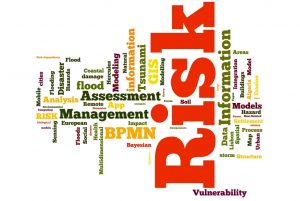Journalism as the Fourth Emergency Service: Trauma and Resilience
Journalists have often been considered the “fourth emergency service”.
They are first on the scene, alongside paramedics, fire and police, running towards danger rather than away, and providing independent, veritable and crucial information in the public interest. And yet, unlike frontline workers, little (if any) counselling or training is offered to journalists on how to deal with the horrors they witness, and the trauma they absorb from being at the forefront of human suffering.
Further, limited to no training is given to student journalists on how to prepare themselves for trauma, be it from war scenes to the everyday “death knock”. New research is demonstrating a rise in post-traumatic stress disorder amongst journalists resulting from the “everyday” trauma they encounter. There is also a noticeable increase in reluctance from new journalists to undertake emotionally distressing assignments.
Editors in industry are now calling for educators to invest in curricula that centre around understanding how to cope with distress and trauma, and why work like this is vital to facilitate the work journalists do hold power to account.
This book investigates the cause and effect of trauma reporting on the journalist themselves and provides a toolkit for training journalists and practitioners to build resilience and prepare themselves for trauma.
It draws on national and international experiences enabling readers to gain valuable insight into a range of contemporary issues and the contexts in which they may work.
